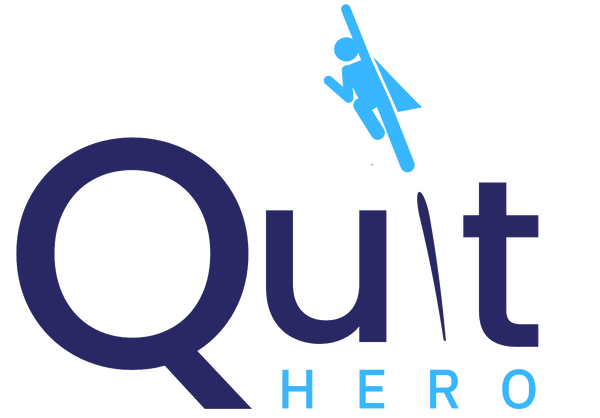
Why Smokers Face Higher Risks of Stroke and Heart Disease
Share
Smoking isn’t just a habit—it’s a serious health risk. Most people know smoking damages your lungs, but did you know it also significantly increases your chances of heart disease and stroke? Understanding the risks and how to protect yourself is the first step toward a healthier future.
How Smoking Affects Your Body
Every cigarette introduces thousands of chemicals into your body, many of which are toxic to your blood vessels and heart. Here’s what happens:
-
Blood vessels stiffen and narrow, slowing blood flow.
-
Your heart works harder to pump blood through tighter vessels.
-
Vital organs, including your brain and heart, get less oxygen.
-
Blood becomes “stickier,” increasing the risk of clots.
Even cutting down on a few cigarettes per day makes a difference—your body can start healing almost immediately.
Smoking and Heart Disease
Smoking dramatically increases your risk of heart disease—sometimes 2 to 4 times higher than non-smokers. Here’s why:
-
Plaque build-up: Smoking contributes to fatty deposits in your arteries, which can lead to blockages and heart attacks.
-
Higher blood pressure and heart rate: Your heart works overtime, putting extra strain on it.
-
Damaged blood vessels: Nicotine harms blood vessel walls, making them more likely to block or rupture.
Even one cigarette a day can increase your risk, and the more you smoke, the higher the danger.
Smoking and Stroke
Stroke happens when blood flow to the brain is blocked or a blood vessel bursts. Smokers are at a higher risk, which grows with age. Smoking increases stroke risk by:
-
Encouraging blood clots that block arteries (ischemic stroke)
-
Weakening brain arteries, increasing the chance of ruptures (hemorrhagic stroke)
-
Reducing oxygen supply to brain tissues, causing potential damage
Secondhand smoke also poses serious risks—pregnant women, babies, and children are especially vulnerable. Quitting not only protects you but also those around you.
Can Quitting Lower Your Risk?
Yes! The benefits start almost immediately:
-
Days: Blood pressure and heart rate improve.
-
Weeks to months: Lung and heart performance improves, and blood flow gets better.
-
Within a year: Heart disease risk drops significantly.
-
After a few years: Stroke and heart disease risk can approach that of someone who never smoked.
The sooner you quit, the greater the benefits for your health—and your loved ones.
Heart and Brain Health Tips
Here’s what you can do to reduce your risk:
-
Quit smoking: The single most important step.
-
Routine check-ups: Monitor blood pressure, cholesterol, and heart health.
-
Healthy diet: Eat fruits, vegetables, whole grains, and lean proteins.
-
Stay active: Aim for 30 minutes of movement most days.
-
Manage stress: Try yoga, deep breathing, or talking to someone you trust.
The Bottom Line
Smoking is a major risk factor for heart disease and stroke—but quitting can reverse many of these effects. Your body begins to heal as soon as you stop, and your loved ones benefit too.
